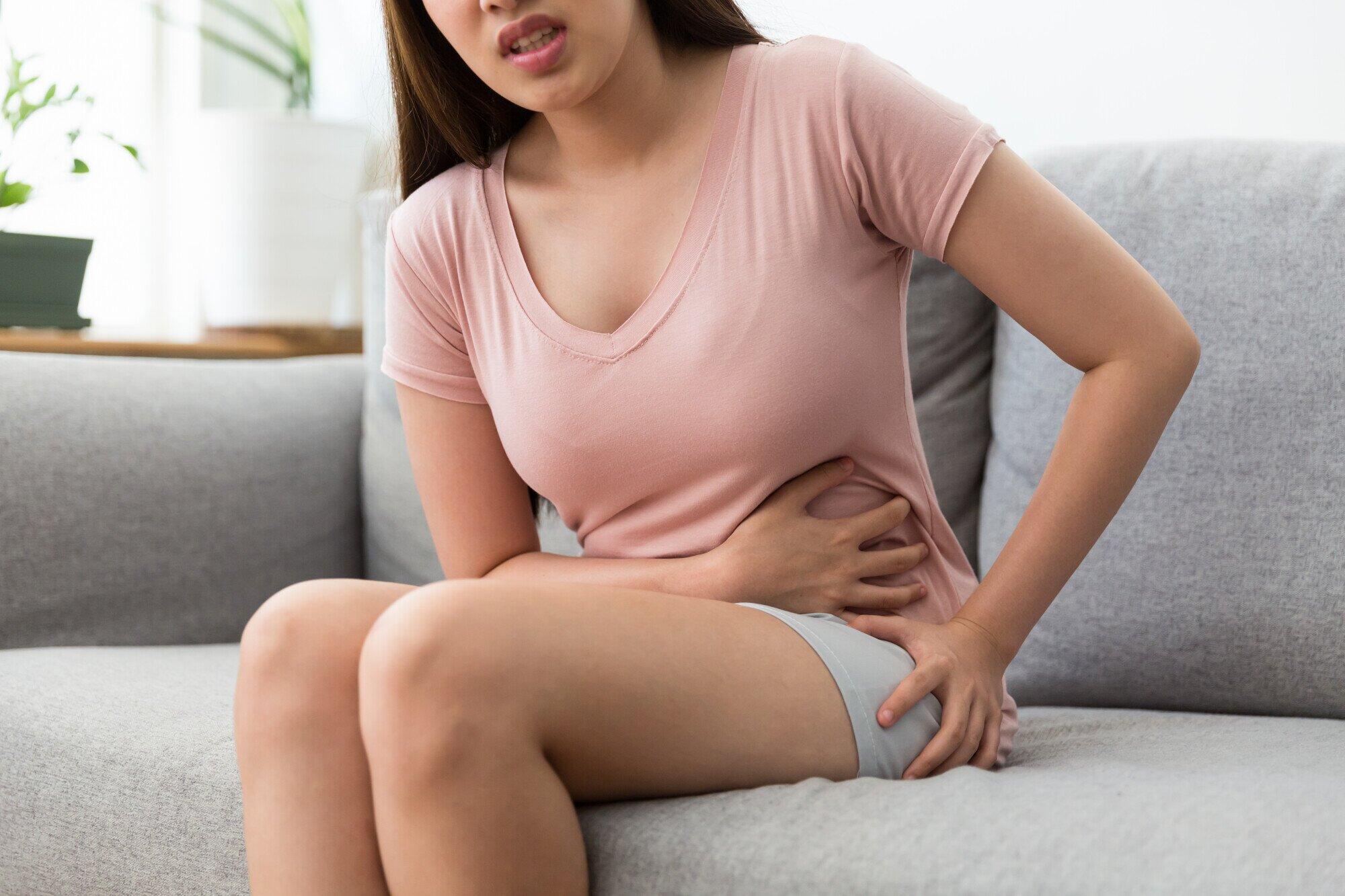
While fibroids are pretty common – 20-70 percent of women will experience them during their reproductive years – it’s not exactly good news when your gynecologist finds them.
Even though fibroids are benign, they can still cause several health issues and wreak havoc on your menstrual cycle. But do fibroids cause bleeding outside of your monthly period?
Here’s what you need to know about fibroids and any related bleeding.
What Exactly Are Fibroids?
They are non-cancerous (benign) tumors that develop in the uterus. They can grow both inside and on the uterus itself and vary in size from large tumors that weigh a few pounds, to a growth no larger than a pea.
The actual cause of fibroids is difficult to pinpoint, but in most cases, they develop due to different hormonal changes in the body. As mentioned, they are fairly common among women and generally tend to develop between the ages of 30-50 years old.
How Fibroids Impact Menstrual Flow
Fibroids are linked to changes in menstruation, such as irregular, heavier, and longer flow.
Fibroids can impact menstrual bleeding when they grow inside the uterus, close to the uterine lining. If they become large, they can interfere with the normal shedding of your uterine lining, leading to a heavier or longer flow.
In some instances, fibroids can also reduce menstrual flow as their size and growth can restrict blood vessels that supply the uterus. It’s important to highlight that not all women who have fibroids will experience a heavier or longer flow. It all depends on the size, location, and number of fibroids.
Other ways in which fibroids can impact your period:
- Fibroids can cause your period to last 3-7 days longer during each cycle
- They can cause large blood clots which vary in size, depending on the size, location, and number of fibroids
- You might need to plan carefully around your menstrual cycle to ensure you have enough sanitary products to manage a heavier or longer flow
- Fibroids can cause continuous bleeding for several days. Anything longer than 8-9 days might be considered unusual by your gynecologist
If you’re experiencing an unmanageable menstrual flow (i.e. changing your pad/tampon more than once every hour) or a period that lasts longer than 9 days, it’s a good idea to visit your gynecologist for a checkup.
Do Fibroids Cause Bleeding Between Periods?
Fibroids can also cause bleeding and spotting between periods because they stimulate the growth of blood vessels, thanks to higher levels of prostaglandins.
However, this is not always the case for women with fibroids. Again, it depends on your personal circumstances and the severity of your fibroids. It’s important to note that there is a distinct difference between bleeding caused by fibroids, and bleeding from a ruptured fibroid.
If a fibroid(s) bursts, these are the most common symptoms to look out for:
- Hemorrhaging – excessive blood loss from the vagina
- Acute pain in your abdominal area
- A low-grade fever
- Extreme lightheadedness, fatigue, and weakness
A ruptured fibroid is a medical emergency. Do not delay in seeking immediate medical attention if you experience any of the above symptoms. If you’re looking for fibroid treatment options, get in touch today.
Think You Might Have Fibroids?
If you have a suspicion that you’re living with these benign tumors and find yourself wondering ”do fibroids cause bleeding outside of my menstrual cycle?”, it’s time to visit a gynecologist for answers.
Women’s Health Associates provides healthcare for women, by women. If there’s anyone who understands your body and whether you could have uterine fibroids, it’s our team.
Learn more about our gynecology services and find out how we can help you make your reproductive health a top priority.

